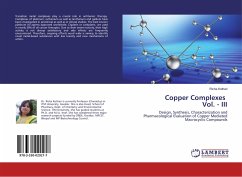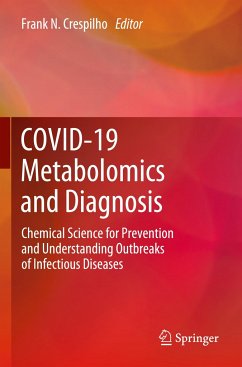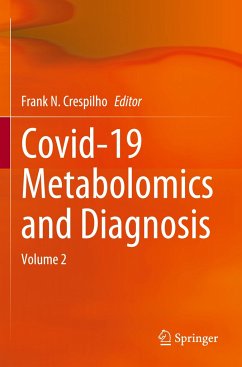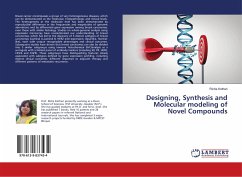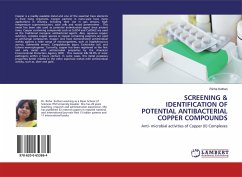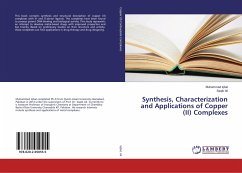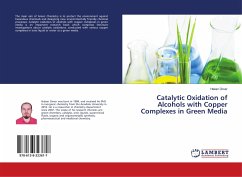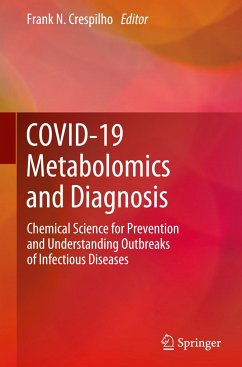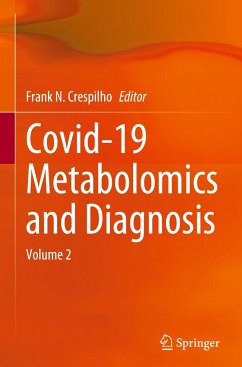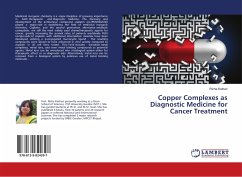
Copper Complexes as Diagnostic Medicine for Cancer Treatment
Versandkostenfrei!
Versandfertig in 6-10 Tagen
24,99 €
inkl. MwSt.

PAYBACK Punkte
12 °P sammeln!
Medicinal inorganic chemistry is a major discipline of growing importance in both therapeutic and diagnostic medicine. The discovery and development of the antitumour compound cisplatin (cis-[Pt(NH3)2Cl2]) played a major role in establishing the field of medicinal inorganic chemistry. Cisplatin, and the second generation alternative antibiotic carboplatin, are still the most widely used chemotherapeutic agents for cancer, greatly increasing the survival rates of patients worldwide. Pt(II) compounds of cisplatin with additional intercalative moieties have been developed utilizing a p-conjugated...
Medicinal inorganic chemistry is a major discipline of growing importance in both therapeutic and diagnostic medicine. The discovery and development of the antitumour compound cisplatin (cis-[Pt(NH3)2Cl2]) played a major role in establishing the field of medicinal inorganic chemistry. Cisplatin, and the second generation alternative antibiotic carboplatin, are still the most widely used chemotherapeutic agents for cancer, greatly increasing the survival rates of patients worldwide. Pt(II) compounds of cisplatin with additional intercalative moieties have been developed utilizing a p-conjugated macrocyclic ligand . The resulting compounds were shown to have enhanced in vitro activity compared to cisplatin in all cell lines tested. This field includes transition metal complexes, metal ions, and even metal binding compounds as potential agents. Metal ions can be introduced into a biological system either for therapeutic effect or as diagnostic aids. Alternatively, metal ions can be removed from a biological system by judicious use of metal binding molecules .



